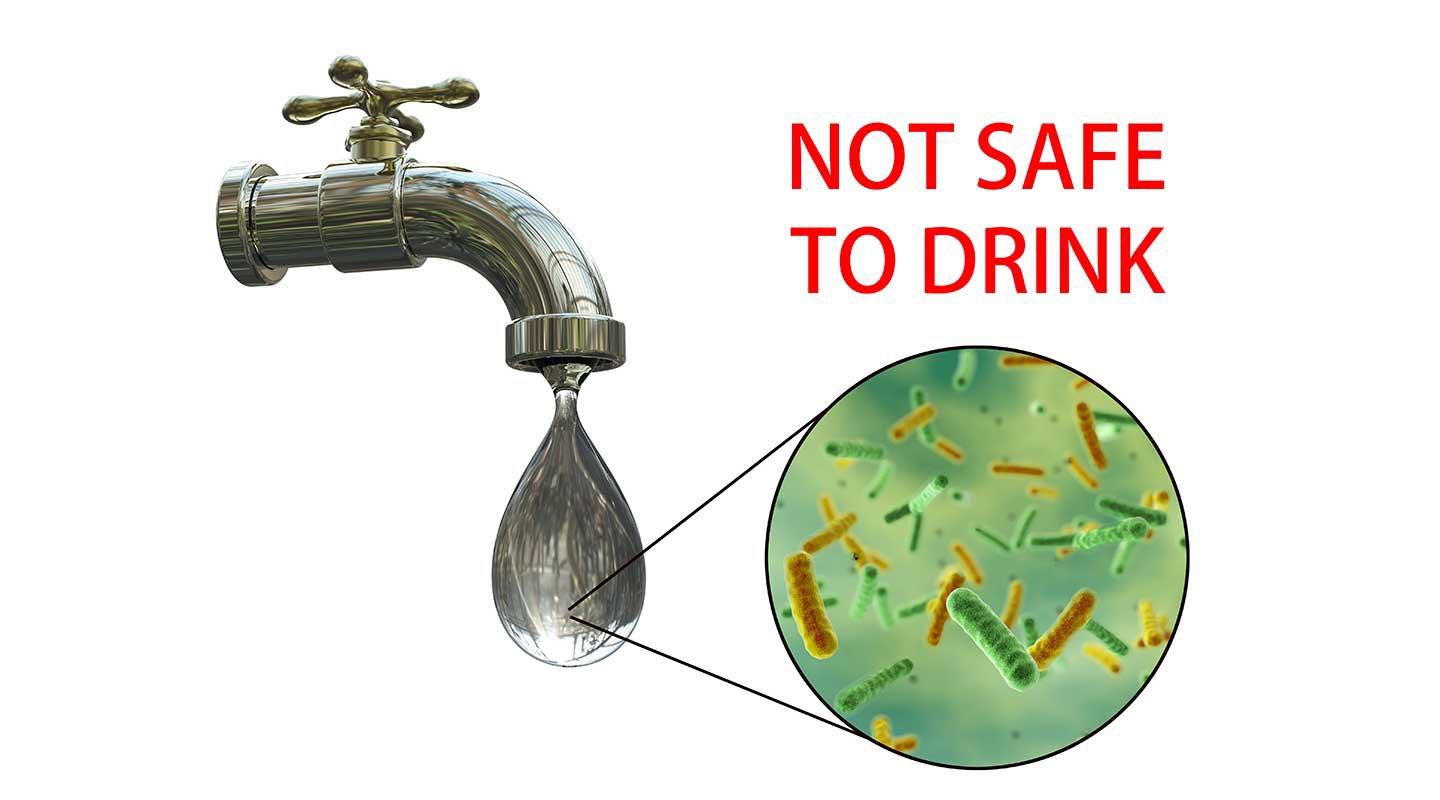
Take a sip at your own risk
Assuming your tap water must be safe to drink just because you haven’t heard otherwise, could be gambling with your health.
Seven long years ago, the US Society of Civil Engineers gave us what they believed was a timely warning about most of the country’s drinking water infrastructure, saying it was “nearing the end of its useful life.”
So in those 7 years, what has been done? Not much. Now it is emerging that many toxic water incidents may have been hidden from the public.
In a 2019 report, the Office of Inspector General criticized the EPA and various U.S. water utilities for failing to consistently and accurately report drinking water risks.
The Inspector Generals’ investigation found that there are a series of problems that could be putting public health at risk from contaminated drinking water supplies.
They found that some of the agencies responsible for enforcing water regulations simply haven’t been consistent in their enforcement of public notice requirements. Many utilities have just not reported and tracked violations, nor have they been consistently issuing public notices. The EPA’s oversight protocols don’t cover all of the public notice requirements, so some agencies can’t be sure whether the public water systems in their purview are notifying consumers of safety violations.
They also say the public water systems don’t have accurate guidance related to the tools currently available for issuing public notices and could be missing out on chances to inform people effectively of problems with their drinking water. On top of that, the public notice guidance that the EPA gives to public water systems and primary agencies is outdated and does not reflect the current regulations.
Lead Contamination. 200+ Cities.
People really need to know about lead contamination. Most of us are aware of the lead problem in Flint, Michigan, but several other American cities have also had drinking water that exceeds EPA action limits for lead.
These include Providence, Rhode Island; Pittsburgh, Pennsylvania; Portland, Oregon; Tualatin Valley, Oregon; and Passaic, New Jersey.
It’s in Your Blood Just two years ago, blood levels exceeded federal limits in Newark, New Jersey, three times in a row. The city gave some residents water filters and advised others to drink bottled water. Twenty-two percent of samples of drinking water there were found to contain lead levels that exceed the federal standard, and the attention that was brought to the matter prompted the city to replace lead service lines.
Other areas are not being so proactive. The National Resources Defense Council in 2018 found that nearly 30,000,000 Americans were drinking water that exceeded EPA thresholds for lead and copper from January 2015 to March 2018. This group included 5.5 million people who were drinking water with an unacceptable level of lead.
Rounding up Roundup: A Witches’ Brew of Contamination
Glyphosate and Fluoride make lead problems in water worse. To make matters worse, widespread glyphosate use can make water more effective when it comes to stripping lead from pipes.
Here’s an amazing and probably unknown fact about what glyphosate was initially designed for.
The first patent for the chemical was issued for an application using it as a descaling agent for cleaning mineral deposits from pipes and hot water systems. The Flint River and its tributaries are used for draining agricultural regions where glyphosate is heavily used, which may explain why the water from the river was 19 times more corrosive to lead than Detroit water. Fluoride can have a similar effect.
Outbreaks of the deadly form of pneumonia known as Legionnaire’s disease have been covered up in Flint, Loma Linda and more places, so it has never been more important to be proactive about ensuring the safety of the water you drink. It’s clear that the authorities cannot be depended upon to inform the public about problems with our water.
It’s up to you!
Contact us, or just browse our info-packed websites on this problem and how to overcome it.
USA
Australia
New Zealand
UK/EU
Canada
Singapore/Malaysia

